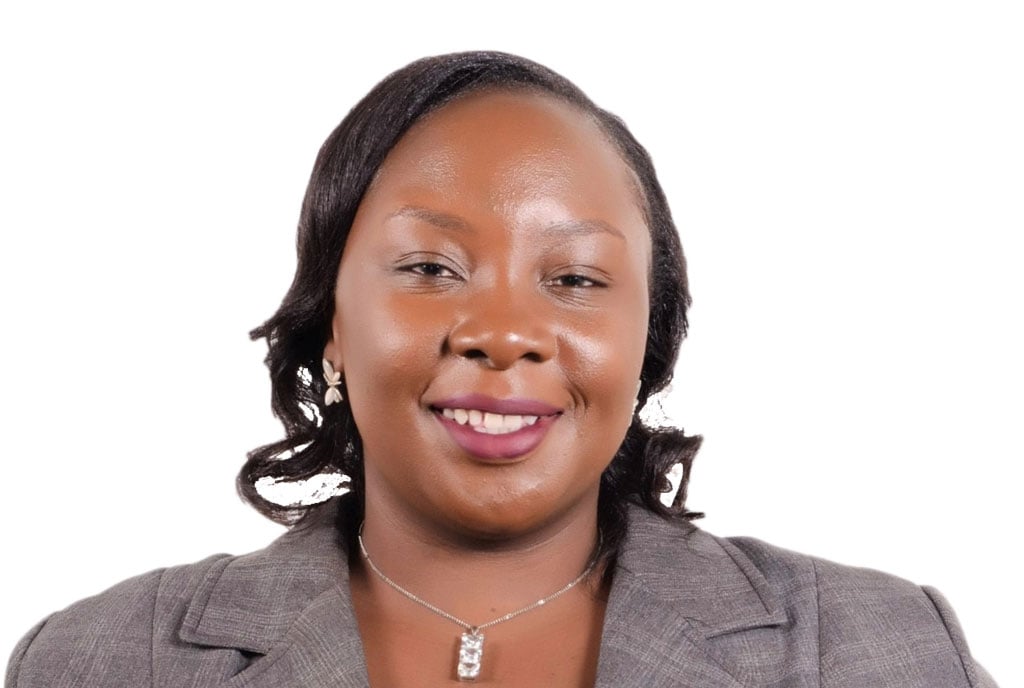What you need to know:
- Religious organisations will be robbed of their spiritual identity and reduced to propaganda machines.
Over the past couple of weeks, the media has been awash with revived plans of government implementing the Religious Faith Organisations (RFO) Policy as a means to apparently regulate faith and rein in unscrupulous behaviour by some religious leaders.
Efforts to effect this policy in the past have been fruitless because many have always questioned its necessity and underlying intent.
Seeing that faith touches the core of my existence and that policies such as this could potentially impact on the exercise of my freedom of worship, I delved into the thick of the draft policy’s content, beyond the sanitised image of what is often fronted in the media.
It appears a well calculated move to monitor and control faith-based organisations and neatly tuck them under the armpits of the secular State in the guise of regulating faith. After all, you cannot control what you have not regulated.
For starters, this proposed policy violates the constitutional freedoms of expression, association and worship by attempting to create a State religion where all faiths are systematically governed by State machinery, forcing them to account to, and report to the Directorate of Ethics and Integrity (DEI) under the auspices of the Office of the President. Simply put, it seeks to elevate the office and person of the President to supreme god over churches and mosques alike.
To achieve this, the proponents of this policy propose a government-approved Religious Faith Organisations Board which will be granted the powers to register, deregister and monitor RFOs. It is to this same board that RFOs shall be required to submit action plans and budgets for inclusion in the government budget and subsequent approval. Wouldn’t this ultimately reduce what should be non-partisan religious leaders into a compromised lot who know where their bread is buttered? I mean, who would want to bite the hand that feeds them?
Then again, this proposed policy seeks to establish compulsory uniform standards across RFOs and promote ‘standardised’ clerical training, which in my opinion, is counterproductive simply because of a variance in doctrine among different sects.
While voluntary formal training, as has been the practice for many clerics, is okay, forceful standardisation of the same could very easily make way for emergence of ‘government-authorised’ training institutions tasked to speak only ‘one language’ which would then be passed on to the unsuspecting faithful.
It also goes without saying that we have an exhaustive plethora of penal laws to sufficiently deal with all the unfortunate acts (earthly sins) cited by the instigators of this policy. Fortunately for them, many acts purportedly done by some religious leaders are in fact crimes that attract sanctions in the law.
That said, if the DEI’s concern is founded and genuine, why haven’t these already existent avenues been explored? Is the problem, therefore, the churches and mosques or is it the law enforcement systems?
Lastly, the language of this policy wholesomely suggests one thing: that religious organisations would be robbed of their spiritual identity and instead reduced into propaganda machines that exist to further government programmes, turning them into a line ministry of sorts.
For a demographic that has peaceably existed, supported and checked the government where need be, I see no need for further institutionalisation of such association unless of course there is an ulterior motive.
Now, my fears above could sound farfetched until you juxtapose the highlighted propositions with the current happenings in countries like China where similar legislations have been enacted. To build more context, on September 1, 2023, China, under the State administration of Religious Affairs, stepped up political control over places of worship and their related activities by issuing new rules on religious activity.
It is worth noting that despite the increased hostility towards religion in China, many believers refuse this oversight and have continued to worship in ‘unofficial’ churches and mosques.
Similarly, it is obvious that our government passing this RFO policy which, by the way, directly affects majority of Ugandans could very easily turn explosive. Uganda should have learnt a thing or two from former president Idi Amin’s attempt to regulate religion and the dire consequences that followed.
*The writer, Evelyn Naikoba, is a lawyer.




